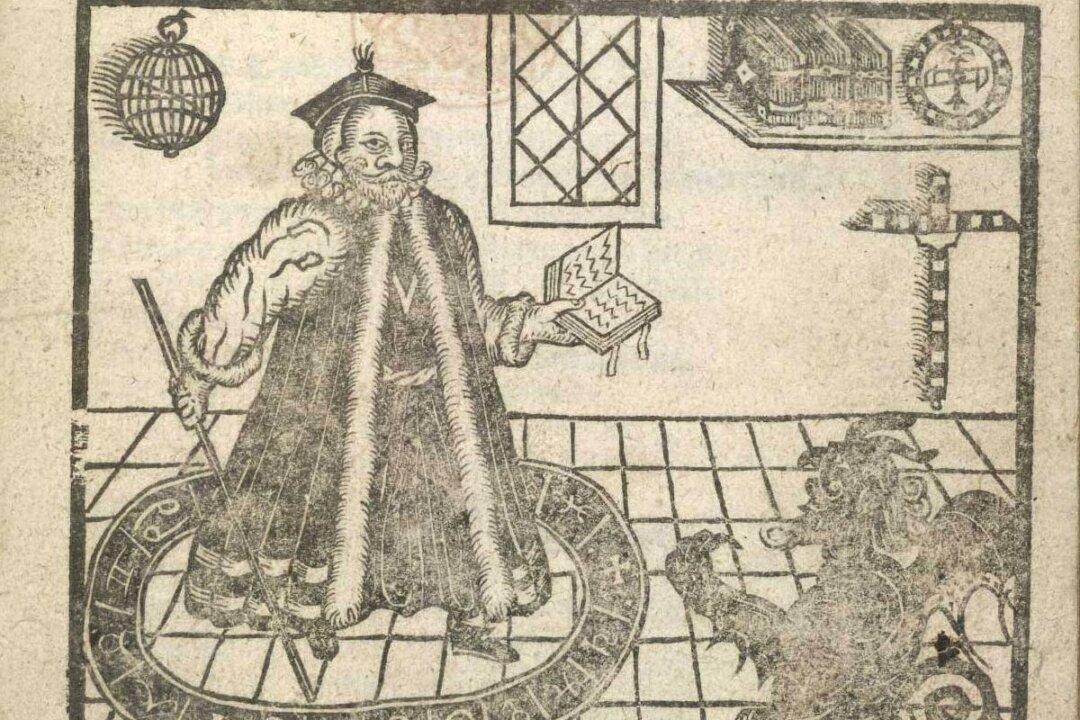A member of Congress wakes one night and finds Lucifer standing at the foot of his bed and staring at him. “What do you want?” he asks.
“I want to give you everything you desire or could imagine,” Lucifer answered. “You’ll be reelected in every election. You’ll have a fortune beyond your wildest dreams, beautiful women, mansions, expensive cars, a yacht. You name it, and it’s yours.”






